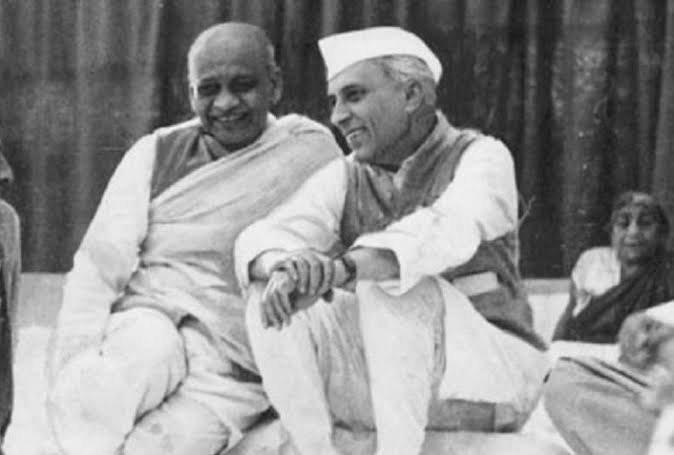In a recent rally in Gujarat, Prime Minister Narendra Modi delivered a veiled critique of Jawaharlal Nehru’s handling of the Kashmir crisis. Without explicitly naming Nehru, Modi highlighted Sardar Patel’s role in persuading princely states to merge with India and contrasted it with the unspecified person’s management of the Kashmir issue. This indirect criticism aligns with a recurring theme within the Bharatiya Janata Party (BJP), where Nehru has been held responsible for the Kashmir crisis.
This criticism is not isolated to Modi’s remarks, as prominent BJP figures have previously blamed Nehru for the situation in Kashmir. In September of the same year, Union Home Minister Amit Shah, addressing a rally in Goregaon, accused Nehru of allowing Pakistan to occupy parts of Kashmir. Shah went further, advocating for Sardar Patel to have been given the responsibility of handling the Kashmir issue.
Finance Minister Nirmala Sitharaman also joined the discourse earlier in the year, targeting Nehru for internationalizing the Kashmir matter by taking it to the United Nations. Sitharaman asserted that Pakistan carries to exploit the circumstances on the international arena while arguing about this decision influenced by British advice having consequences.
It is obvious that one of the larger stories, aimed at putting other leaders, particularly Sardar Patel, in a more appropriate position to deal with important issues such as Kashmir, revolves around blaming Nehru within the BJP.

